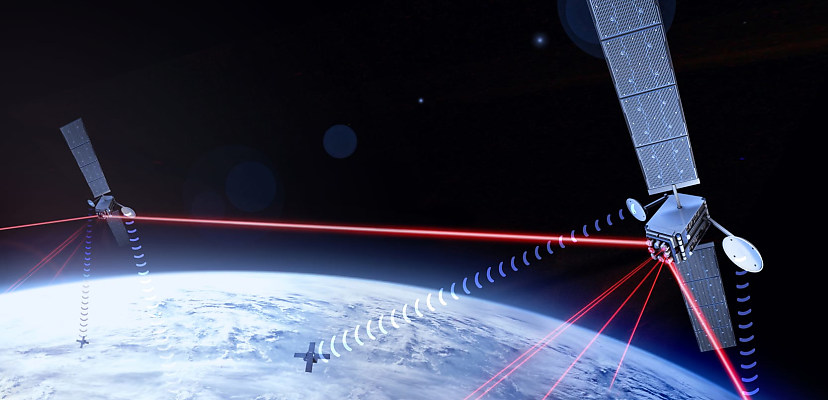Share this article on:
Powered by MOMENTUMMEDIA
Breaking news and updates daily.
As the first Australian Cyber Space Forum is due to kick off in Adelaide next week, as part of UN World Space Week, the nation needs to prepare to face the unique cyber security challenges of the unforgiving environment.

The Australian Cyber Space Forum will be held at Flinders University’s Jeff Bleich Centre. It will feature both local and international speakers, talking about the impact of cyber attacks in the fourth and fifth domains of warfare, the militarisation of space, and the security impacts of quantum computing in the space domain.
But one Flinders academic has warned that Australia, in particular, needs to be ready – especially if we want to make the space industry an important and growing part of the Australian economy.
“As well as inaugurating its national Space Agency, Australia has hosted the first NASA launch from its territory in 25 years and the first ever from a commercial facility outside of the United States,” Vinicius de Oliveira, a lawyer and PhD candidate at Flinders University, said in a media statement. “It also became a member of the most innovative space program, Artemis, being a part of the audacious plan to land on the Moon and Mars.”
But de Oliveira contends that the nature of space – particularly orbital space – renders it especially vulnerable to interference. Cheaper satellites lead to more satellites and, hence, to more points of entry into orbital networks, while at the same time, more nations are establishing a sovereign presence in the domain.
Combined, that leads to greater orbital congestion, which in turn leads to the capacity for one incident to have a wide-reaching impact.
“For Australia, cyber attacks on the space infrastructure can negatively impact the country’s economy and disrupt its critical infrastructure and essential services, presenting a substantial threat to national defence,” de Oliveira said.
“These risks can be exacerbated or mitigated, depending on the government’s ability to properly address the cyber security of its space infrastructure at the domestic policy and legal levels. Therefore, it is important to assess the overall maturity of the Australian framework on the subject.”
De Oliveira is currently conducting research into how Australia can build a solid foundation to maintain cyber security in its space industries, in particular by identifying “gaps and opportunities” in the various frameworks – legal, domestic, and policy – that support the growth of the industry in the sector.
“Nowadays, due to the massive use of space services and applications in our daily lives, the distinction between being safe in space and being safe on Earth does not make much sense anymore,” de Oliveira contended.
“Consequently, only by thoughtfully assessing this background, Australia can be truly safe and maintain its great momentum on space in a sustainable, secure, and predictable manner.”

David Hollingworth has been writing about technology for over 20 years, and has worked for a range of print and online titles in his career. He is enjoying getting to grips with cyber security, especially when it lets him talk about Lego.
Be the first to hear the latest developments in the cyber industry.